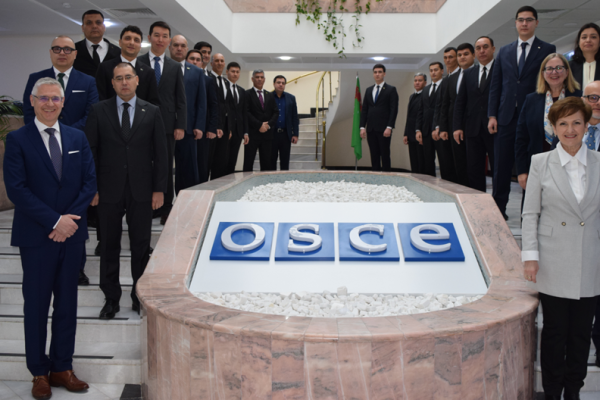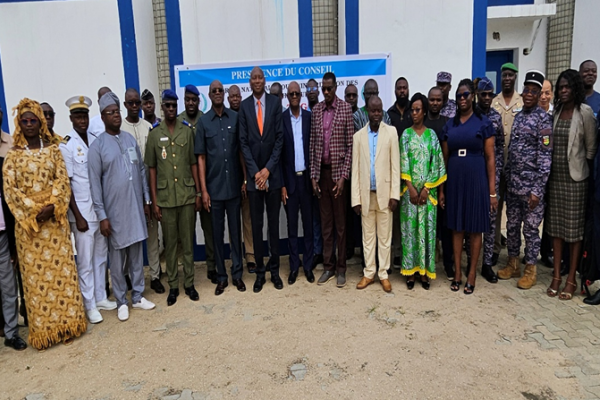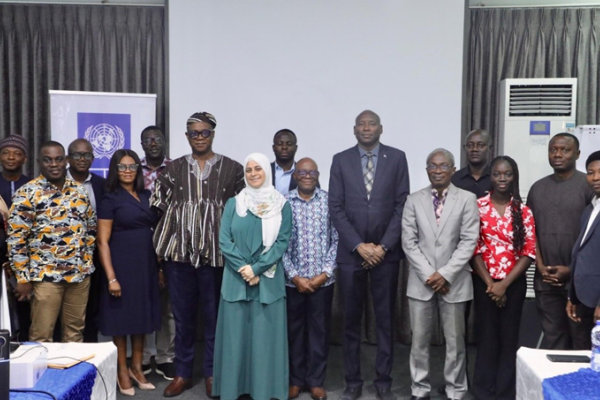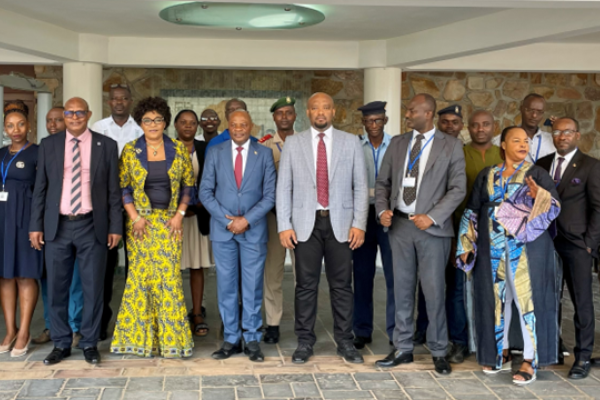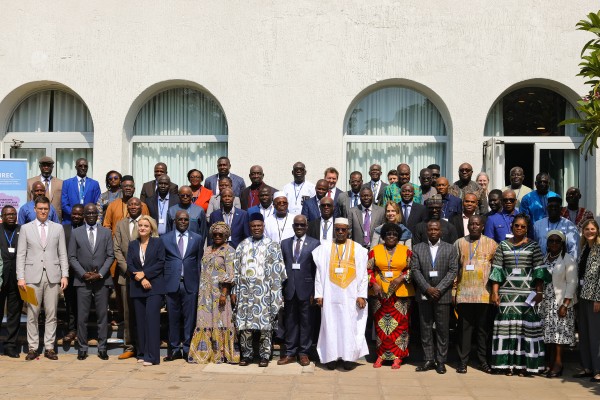On 16 and 17 October 2025, The United Nations Office for Disarmament Affairs (UNODA) Youth4Disarmament Programme convened the first-ever youth-led UN Youth4Disarmament Forum.
The UN Youth4Disarmament Forum brought together 26 young leaders and experts to advance global peace and security in the context of nuclear weapons and emerging technologies. With generous support from the Republic of Korea, youth from the around the world were able to strengthen their global networks, learn from experts, and produce an outcome document with policy recommendations to be circulated with the United Nations General Assembly First committee delegations in December 2025

The youth-led Forum commenced with a High-Level Opening Session that was moderated by Ms. Kseniia Pirnavskaia, Engagement and Network Coordinator at Open Nuclear Network, and began with remarks from Master of Ceremony Ms. Roberta Bojang, Alumna of the Youth Champion for Disarmament, UNODA. The session continued with keynote remarks by the High Representative for Disarmament Affairs Ms. Izumi Nakamitsu, where she underscored the importance of this Forum as a space where youth can engage disarmament stakeholders through inter-generational dialogue and raise awareness among younger generations on the noble cause of disarmament. Although the Forum was first of its kind, the High Representative underscored that,
“meaningful youth participation in multilateral discussions must become the norm, not the exception.”
The discussion was opened by H.E. Ambassador Sangjin Kim, Deputy Permanent Representative of the Republic of Korea to the United Nations, who underlined the Republic of Korea’s commitment to youth engagement. Ambassador Kim emphasized how important youth are in the field of disarmament as the new generation takes hold.
This was followed by remarks from Ms. Emma Sandifer, Program Coordinator at the Center for Arms Control and Non-Proliferation, who highlighted the vital role of youth participation in disarmament dialogues, particularly in understanding both the threats and opportunities posed by emerging technologies. H.E. Ambassador Shigeru Umetsu, Deputy Permanent Representative of Japan to the United Nations, further underscored the unique capacity of young people to adapt and contribute meaningfully to a world shaped by rapid technological change. He also noted the difficulty in understanding these technologies and as digital natives, youth are vital to understanding these complexities.
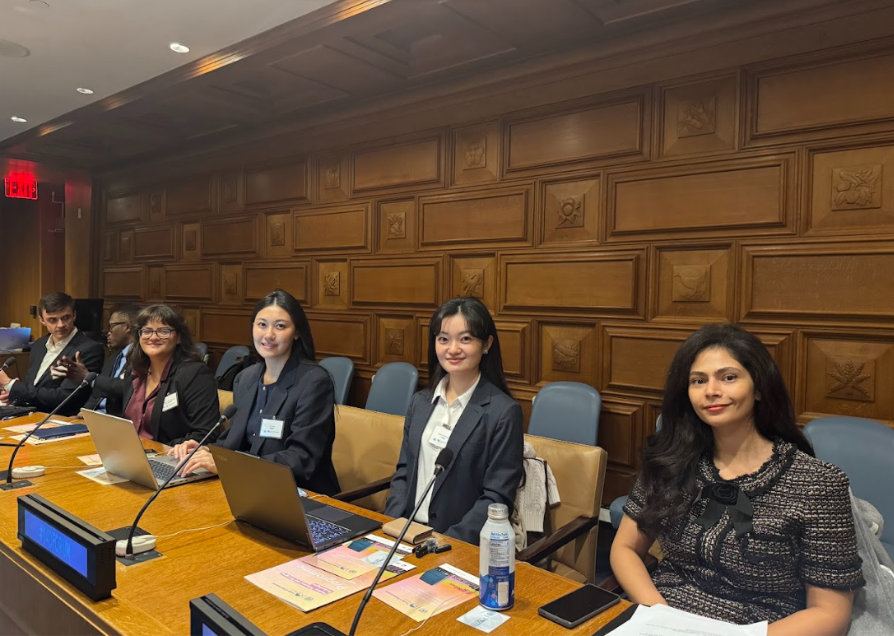
The discussion then transitioned to decision-making and the use of artificial intelligence (AI) in the command-and-control centers of nuclear weapons, featuring forum participant Mr. Nicoló Miotto from the Organization for Security and Co-operation in Europe (OSCE) and H.E. Ambassador Alicia Buenrostro Massieu, Deputy Permanent Representative of Mexico to the United Nations. The discussion examined how increasing reliance on emerging technologies can affect the capacity of decision-makers, highlighting the potential risks of integrating AI into both decision-making processes and the technical infrastructure of nuclear command-and-control systems.
This was followed by a discussion on the potential capabilities of artificial intelligence (AI) and emerging technologies in monitoring nuclear weapons violations and treaty compliance, as well as the opportunities they present to advance arms control technologies, led by H.E. Ambassador Thomas Göbel, Permanent Representative of Germany to the Conference on Disarmament in Geneva. Ambassador Göbel emphasized that while the Conference on Disarmament may not be the most suitable setting for these discussions, other forums such as the Summit on Responsible Artificial Intelligence in the Military Domain offer valuable opportunities for dialogue.

Building on this theme H.E. Ambassador Marthinus Van Schalkwyk, Deputy Permanent Representative of South Africa to the United Nations, discussed the constructive applications of emerging technologies in nuclear disarmament. Ambassador Van Schalkwyk offered the participants an insightful challenge to focus not on how emerging technologies can be used to manage nuclear weapons but on how they can help create a world free of them.
